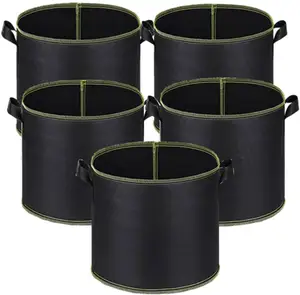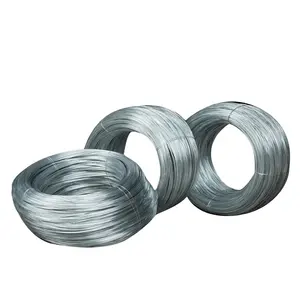Introduction to Transplant Root Ball Netting
Transplant root ball netting is an essential tool in the horticultural and landscaping industries, designed to support the safe and effective transfer of plants from one location to another. This innovative solution ensures that the delicate root systems of plants remain intact during transplantation, significantly reducing transplant shock and promoting healthier growth in new environments. By utilizing the right netting, gardeners and landscapers can enhance the success of their planting endeavors.
Types of Transplant Root Ball Netting
- Natural Fiber Netting: Made from biodegradable materials such as jute or coir, this type provides a sustainable option for root ball support.
- Plastic Netting: Durable and weather-resistant, plastic netting is an excellent choice for long-term usage, particularly in commercial applications.
- Mesh Bags: These are specially designed bags that allow for easy handling while safely containing the root ball, ideal for small plants or bulbs.
- Reinforced Netting: Combines strength and flexibility, often used for larger plants and trees requiring additional support during the transplant process.
Applications of Transplant Root Ball Netting
- Garden Transplants: Ideal for home gardeners looking to move plants without damaging their roots, ensuring a higher survival rate.
- Commercial Landscaping: Widely used in large-scale landscaping projects where multiple plants need to be relocated efficiently and safely.
- Trees & Shrub Relocation: Essential for transporting larger specimens, allowing for a hassle-free move without breaking apart root systems.
- Restoration Projects: Beneficial in ecological restoration where native plants need to be reintroduced to an area without losing their established roots.
Advantages of Using Transplant Root Ball Netting
- Root Protection: The primary advantage is protecting the root system, which is critical for plant survival after transplantation.
- Enhanced Growth Rates: With roots secured, plants can acclimate to their new surroundings more quickly, promoting faster recovery and growth.
- Environmentally Friendly Options: Many netting materials are biodegradable, making them a sustainable choice for eco-conscious gardeners.
- Versatility: Suitable for a wide range of plant sizes and types, ensuring broad application across various gardening and landscaping needs.



































